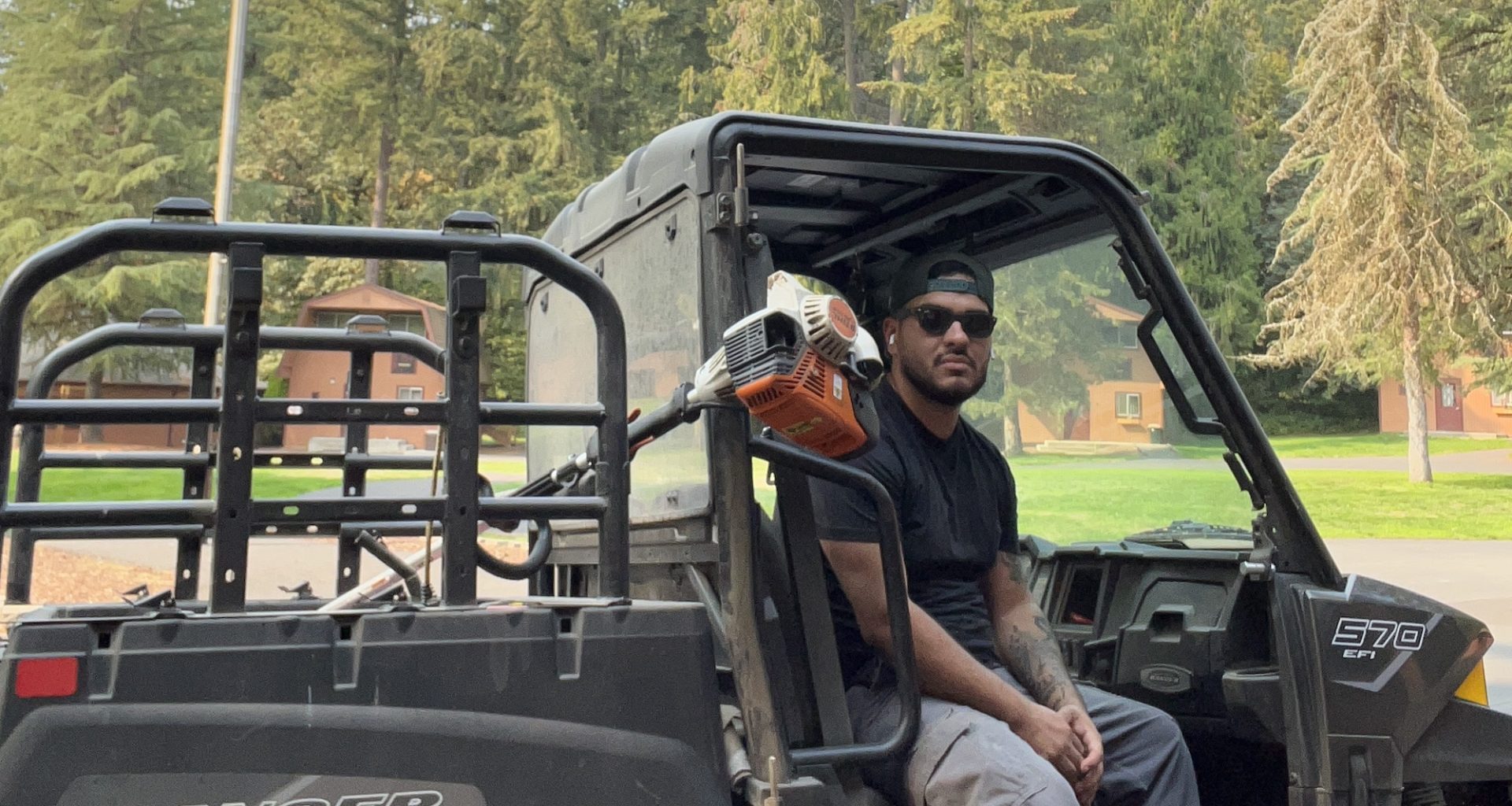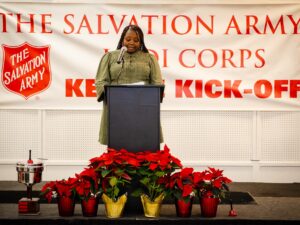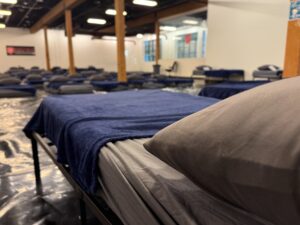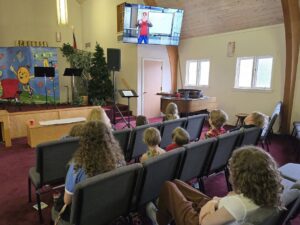The Salvation Army Bridgeway of Hope sober living residence offers freedom with accountability.
When Francisco Quintero finished the six-month program at The Salvation Army Adult Rehabilitation Center (ARC) in San Bernardino, California, he figured he was done with recovery programs. Free from a six-year cocaine addiction, he returned home to Rialto, California.
His journey wasn’t complete, though, and soon it would take him a thousand miles away to Portland, Oregon, and The Salvation Army Bridgeway of Hope, a sober living home for up to 90 men.
When he first began the program at the San Bernardino ARC—one of The Salvation Army’s residential programs that provide spiritual, emotional and social assistance to individuals experiencing a variety of social, emotional and spiritual challenges, including issues relating to substance abuse—Quintero said he didn’t want to be there. He had a low opinion of church, and spiritual care is a key component of The Salvation Army’s approach.
But during his first ARC chapel, Quintero said he burst into tears.
“I was just filled with the Spirit, not knowing what it was at that point but it was like, this is what I need,” he said. “This is where I need to be.”
He said he felt a sense of peace he’d never known before.
“God was speaking to me at that point, saying, ‘I got this—I’m gonna take this addiction away from you,’” he said.
And he did.
But within a month of his return home, Quintero was hanging around the wrong crowd. He said he didn’t start using, but when someone suggested he could make easy money selling drugs, the idea made sense to him.
His mother saw what was happening, called the ARC for help and spoke with San Bernardino Administrator for Program Major Martha Sheppard.
“So one day I’m just watching TV, and lo and behold [Sheppard] barges into my house with another guy from the ARC that I was close with,” Quintero said. “I was shocked.”
Sheppard told him she would register him for men’s camp at The Salvation Army Pine Summit Camp the following weekend. She said he needed to talk to then-Bridgeway of Hope Administrator Major Dan Williams, who would be there. She said he couldn’t stay in his hometown.
At camp, Williams told Quintero he could enter Bridgeway immediately.
Quintero said he didn’t know how to respond.
“God was speaking to me at that point, saying, ‘I got this—I’m gonna take this addiction away from you.’”
Francisco Quintero
“I’d never been away from my family like that…but I prayed on it,” he said. “That was the first time I actually prayed on a decision. And sure enough, that sense of peace I had when I finally said, ‘yes,’ it was that same peace I felt when I walked into the chapel service that first time at the ARC…I didn’t have a job lined up. I had $200 to my name, but I still said ‘yes’ and it’s probably one of the best decisions I ever made.”
The National Institute of Health maintains recovery is a long-term process, and that continuing care can connect individuals to support systems and community resources, and can address such issues as employment, housing and recreation. Bridgeway of Hope provides such an environment.
And Major Carlos Souza, current Bridgeway of Hope Administrator, said he’s convinced those completing recovery should get as far as possible from their previous surroundings.
“We believe it’s a very important aspect of recovery…even though sometimes it’s at the sacrifice of being around family,” he said.
Once in Portland, Quintero told himself, “everything you did in California is done; it’s time to do the complete opposite.”
His second day at Bridgeway, he secured a job nearby at Airgas, a gas production company, and settled into the Bridgeway program, which provides up to 24 months of housing for men who have completed a recovery program but want additional support. Services include access to 12-step meetings, counseling, workforce development, and spiritual and recreational opportunities.
One requirement is participation in group meetings. Quintero said he wasn’t interested in NA or AA.
“[Williams] told me I had to stay connected,” Quintero said. “That’s one of the phrases I kept hearing: stay connected, stay connected. And it makes sense. You are who you hang out with.”
So Quintero began attending the Gresham (Oregon) Corps, which welcomes Bridgeway residents. He said he got along well with Gresham Corps Officers Captains Caleb and Iliana Montes.
“My first way of getting connected there was I started to pick up [Christmas] kettles,” he said. “Little by little every time I was off work I was there, helping as much as I could…even doing Sunday school.”
Eventually, the Montes’ offered him a job as the corps youth worker. They told him to pray about it and to lead a junior church service before deciding.
“I fell in love with the ministry,” Quintero said. “I gave up a very well-paying job at Airgas to be a youth worker. And it was one of the best decisions I ever made.”
In June, Quintero left Bridgeway to accept a position at The Salvation Army Camp Kuratli at Trestle Glen in Boring, Oregon. His goal is a career in camping ministry.
He said Bridgeway helped him transition back into society.
“It gives you freedom, but also holds you accountable,” he said. “It’s slowly putting you out there into the world. I think that’s what I needed.”
Do Good:












